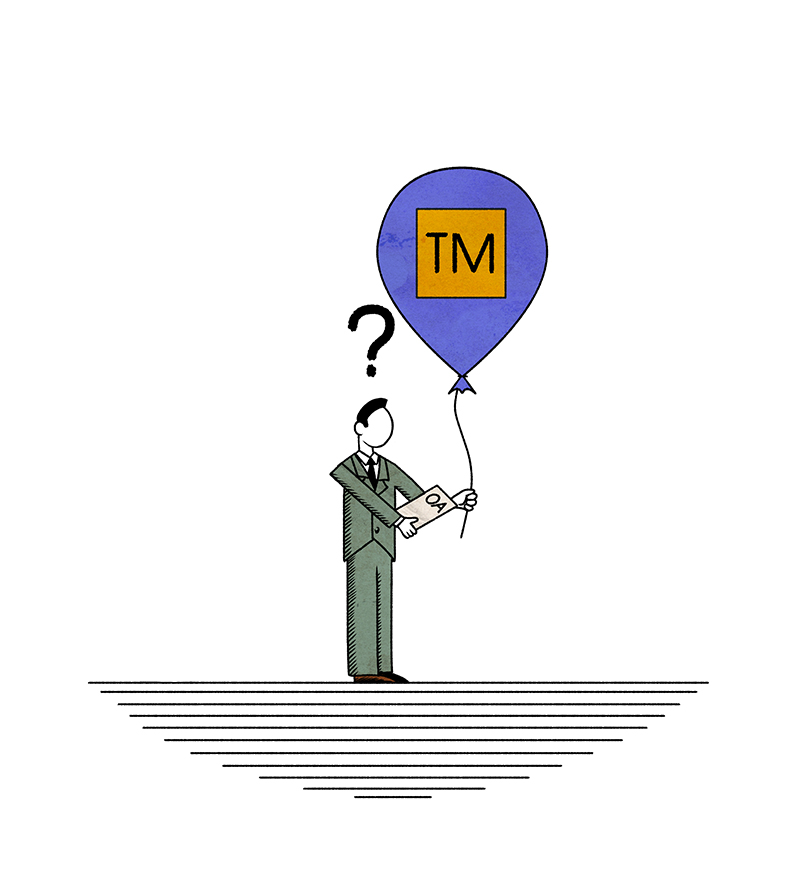What’s an Office Action?
An Office Action is a letter issued by the USPTO to provide notice of issues with a trademark that need to be addressed before the trademark can be registered. This can range from confirming quick fixes for minor problems to a rejection of the application. The Office Action will include the reason registration is being refused, or what requirements must be satisfied for the application to proceed toward registration. Generally, Office Actions require a response within a set time period, and failure to do so will result in abandonment of the application in question.
There are non-final and final Office Actions which are, as you might guess, differentiated by whether an issue has already been raised or not. In other words, if an Office Action is issued for the first time and your response is not satisfactory, you’ll get another chance, but you do have to respond. Let’s look at a few common examples of Office Actions and associated responses:
You might be asked to
- Disclaim a word – this just means that you agree not to claim exclusive rights to a word outside the trademarked phrase, usually something like “company” or “beer.” The response is usually as simple as the examining attorney stating which words need to be disclaimed and responding in agreement.
- Clarifying a translation – foreign words and phrases must have the English translation listed on their application. Made up words must state that they have no meaning in another language.
- Provide a substitute specimen – sometimes an examining attorney will deem a submitted specimen unacceptable. At that point, you may choose to either submit a secondary specimen or argue the voracity of the original specimen, based on what kind of specimen you can provide and how much money you want to spend.
- Amend the goods or services – sometimes an examining attorney will take issue with goods or services listed on an application and suggest changes, which you can choose to either make or argue against.
- Provide documentation of permission to use a living person’s name – much like translations, if your proposed trademark uses the name of a living individual, you must provide evidence of their consent for your application. If your proposed trademark uses a made-up name, you must state as much.
Or you may need to defend your proposed mark against a refusal, which can happen for any number of reasons, most commonly the existence of a confusingly similar registered or pending mark.
Office Actions can greatly impact the outcome of your trademark application and, if you are not already working with one, involving a trademark attorney can be extremely helpful in steering your response toward success.
What is a disclaimer?
One of the most common types of office actions is a disclaimer requirement. Basically, to “disclaim” means you are not claiming exclusive rights to use an individual word (or words) apart from the mark as a whole. This is usually a generic word, or a word that is merely descriptive of the goods or services, that cannot, by itself, be trademarked. GRUMPY WARTHOG BREWING COMPANY, for example, would require a disclaimer of “brewing company,” meaning that you are claiming the exclusive right to the combination GRUMPY WARTHOG BREWING COMPANY, not “brewing company” on its own.

